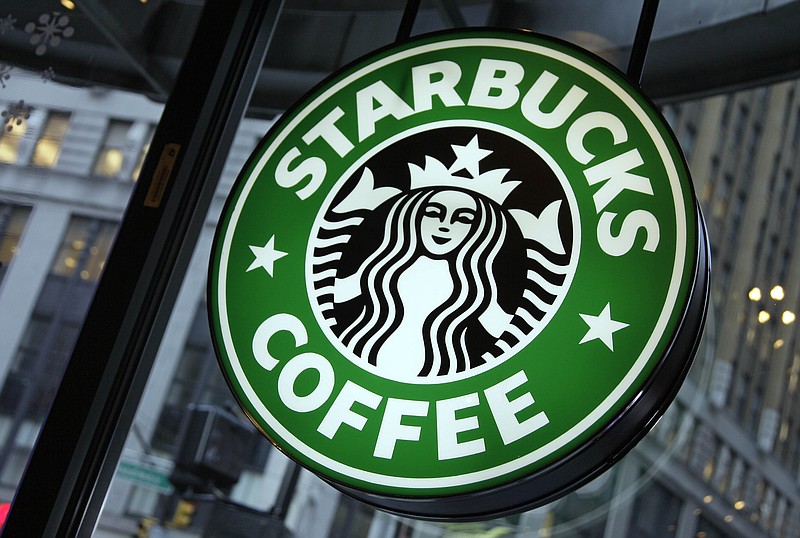Businesses are unashamedly engaging as social activists and influencers these days, and I'm OK with it.
We're all familiar with the common business practice of companies lobbying government at all levels, from city councils to our nation's capitol, to receive favorable legislative or regulatory treatment. It's an age-old maneuver, whether it's employed to keep competition from entering the market or to get preferred tax rates for massive projects.
The thing about such moves is that they are typically made with a self-serving spirit - usually to earn money for a handful of individuals like shareholders or the business owners themselves.
However - though there have been some outliers - rare are the instances when businesses publicly act as influencers for causes they believe will better society as a whole, not just their own bottom lines. Why? Because ruffling feathers by getting directly involved in matters of social consequence (immigration, gay marriage, etc.) has historically been viewed as a threat to making money. The prevailing understanding has been that if you tick people off, they'll take their cash elsewhere.
But that idea is being challenged of late. Here are three such examples:
- Airbnb, the internationally acclaimed online vacation rental platform, recently announced that it has a five-year goal to ensure 100,000 people have access to housing in times of urgent need. Airbnb announced this amid very polarizing conversations about what to do with refugees worldwide.
- In response to those same conversations, Starbucks unveiled plans to hire 10,000 refugees in 75 countries during the coming half decade.
- And Lyft, Uber's primary ride-sharing rival, pledged $ 1 million to the ACLU "to defend the Constitution" throughout the Donald Trump presidency.
OK, I know some of you are rolling your eyes right now. Stick with me.
If you've read my column before, you're likely aware that when it comes to managing social affairs, I prefer the role of civil society to government intervention. What's civil society? From Dictionary.com: "The aggregate of non-governmental organizations and institutions that manifest interests and will of citizens." Nonprofits, places of worship, civic groups, and so on.
Though business isn't traditionally considered a part of civil society since its ultimate interest is profitability, not people, I favor their involvement in social discussions over big government for two main reasons.
First, if a business wants to make a social imprint, it's got to do so with its own money. When government tries it, they do it with your money by funding things like entitlement programs that, once created, never go away. Conversely, if, say Airbnb, realizes its refugee housing plan doesn't make sound business sense, it can put the kibosh on it.
Second, when government decides to manipulate society, its strategies are funded by taxpayers even if large numbers of taxpayers don't endorse those decisions. When businesses step into the fray, every consumer gets to decide if they want their dollars to help underwrite those causes. Don't like Starbucks' refugee hiring spree? Fine. Get your grande mocha frappelatte somewhere else.
You don't have to agree with the stances taken by companies like Airbnb, Starbucks and Lyft to appreciate the fact that they are, in a roundabout way, helping push back against the notion that we always need government to intervene and play mommy and daddy.
This is how it's supposed to work. People should enjoy a wide array of freedoms, including where they spend their hard-earned money and what causes they support. When it comes to some causes, I'd rather my discretionary spending do the work than my tax dollars.
Thanks, capitalism.
Contact David Allen Martin at davidallenmartin423@gmail.com and follow him on Twitter @DMart423.

